National Book Publishers question content of Smart School Tablets

National Book Publishers question content of Smart School Tablets.
The launch of the Smart Schools Project by the President of the Republic, Nana Addo Dankwa Akufo-Addo, marks a significant leap towards digital education in Ghana.
The initiative, which promises to distribute tablets to approximately 1.3 million students across second-cycle institutions, has been celebrated as a forward-thinking move.
These tablets, preloaded with educational content including textbooks and past examination questions, aim to revolutionize the learning experience for students.
However, not everyone is on board with the optimism that has greeted this initiative.
John Amponsah, President of the Ghana National Association of Authors and Publishers, has expressed concerns regarding the actual content available on these tablets.
In an interview, he questioned the speed and quality with which educational materials were adapted to fit the new curriculum released just two weeks prior by the National Council for Curriculum & Assessment (NACCA).
Amponsah’s skepticism stems from a fundamental issue: the seeming lack of comprehensive, curriculum-aligned content on the devices.
Highlighting the potential discrepancy between the tablets’ content and the newly released curriculum, Amponsah argues that the materials might not be as comprehensive as needed.
His concerns are not unfounded, given his references to previous experiences where digital educational content did not align with Ghana’s curriculum, instead mirroring foreign educational materials.
While acknowledging the potential benefits of integrating technology into education, Amponsah’s critique sheds light on a critical oversight.
ALSO READ: WAEC opens registration portal for BECE and WASSCE candidates
The involvement of publishers and content creators, who are intimately familiar with Ghana’s educational standards and requirements, seems to have been minimal, if at all.
This gap between technology and content could undermine the effectiveness of the Smart Schools Project in delivering its intended educational benefits.
Amponsah’s call to action is not just a critique but a plea for collaboration. The future of educational publishing and content creation in Ghana could be at stake if these digital initiatives do not incorporate the expertise of local publishers.
The transition to digital learning platforms should not sideline those who have long contributed to the educational fabric of the nation.
As Ghana moves forward with this ambitious project, the concerns raised by Amponsah highlight the need for a more inclusive approach.
Engaging with publishers and content creators could enrich the educational materials on these tablets, ensuring they are comprehensive, curriculum-aligned, and culturally relevant.
The success of such initiatives hinges not only on technological implementation but on the quality and relevance of the content they deliver.
Share Our Post on The Topic ‘National Book Publishers question content of Smart School Tablets’.
To Read More Stories, Click Here.


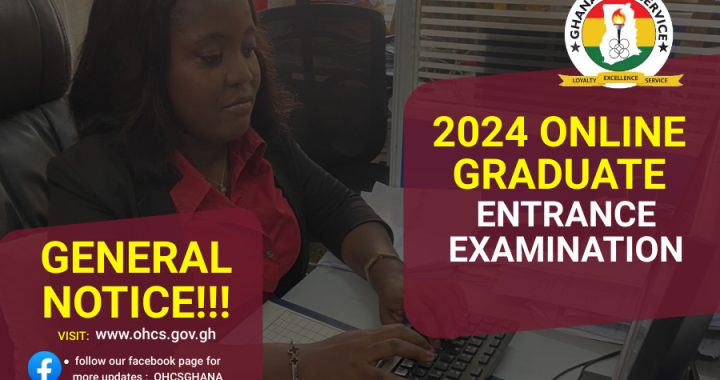 Civil Service Announces 2024 Online Examination Details for Graduate Applicants
Civil Service Announces 2024 Online Examination Details for Graduate Applicants 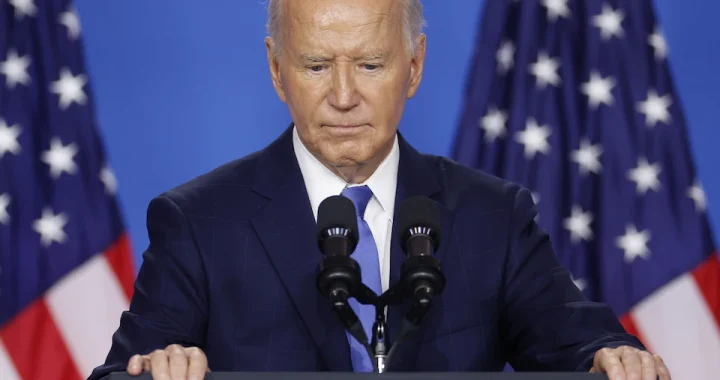 BREAKING: President Biden Announces Decision Not to Seek Reelection
BREAKING: President Biden Announces Decision Not to Seek Reelection  Real Reason Behind the Appointment of Yohunu as Deputy IGP
Real Reason Behind the Appointment of Yohunu as Deputy IGP 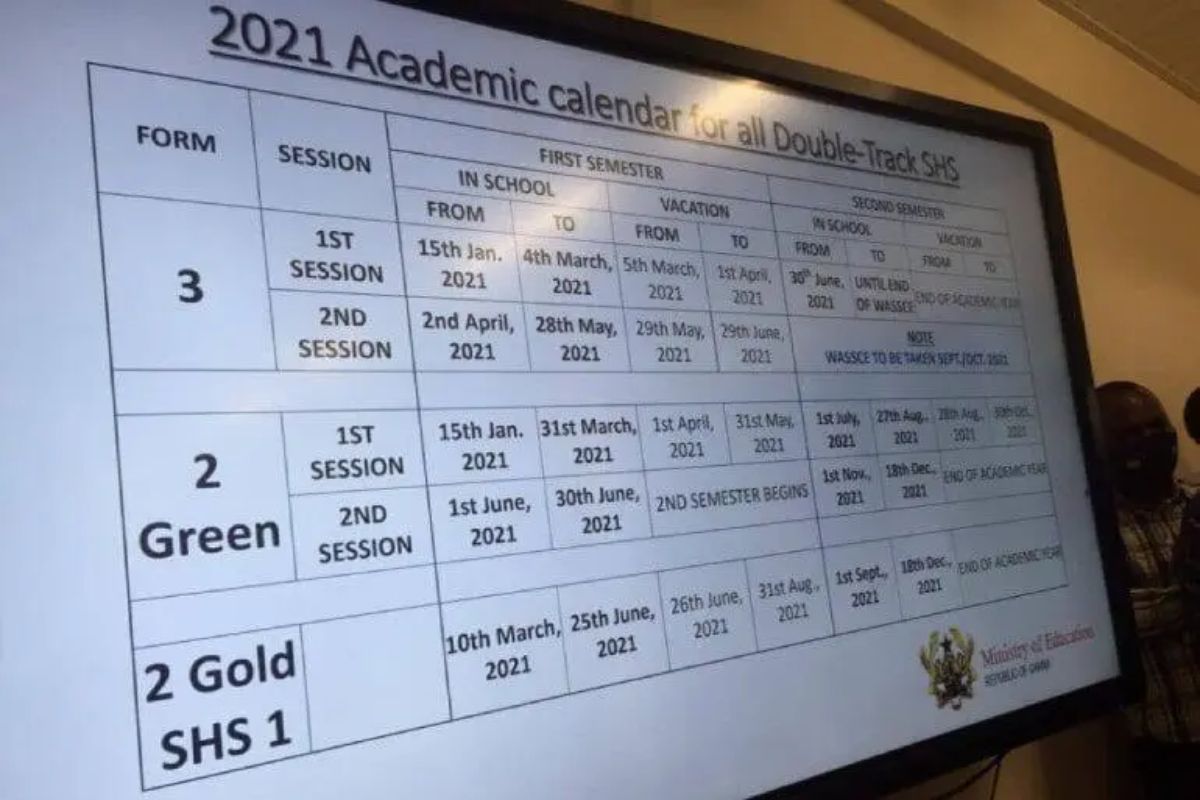 GES 2024-2025 Academic Calendar for Public Schools
GES 2024-2025 Academic Calendar for Public Schools  GES to recruit university graduates and diploma holders-GES Director General
GES to recruit university graduates and diploma holders-GES Director General 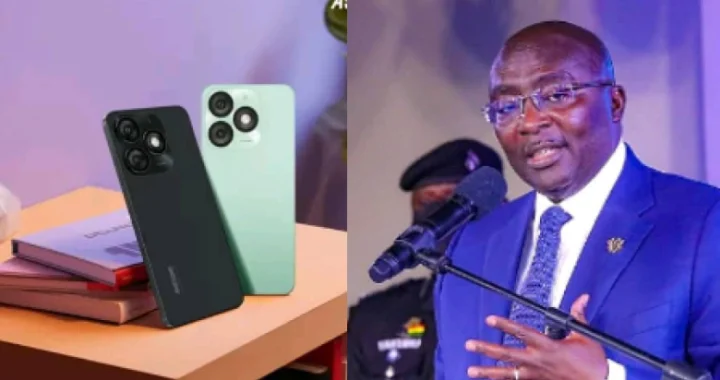 Dr. Bawumia’s Smart Phone Credit Will Take 125 Years To Repay: A Misleading Promise
Dr. Bawumia’s Smart Phone Credit Will Take 125 Years To Repay: A Misleading Promise 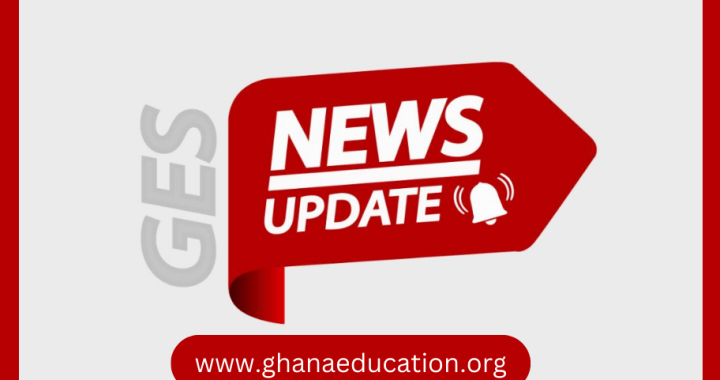 GES is expected to announce reopening dates for public schools today
GES is expected to announce reopening dates for public schools today